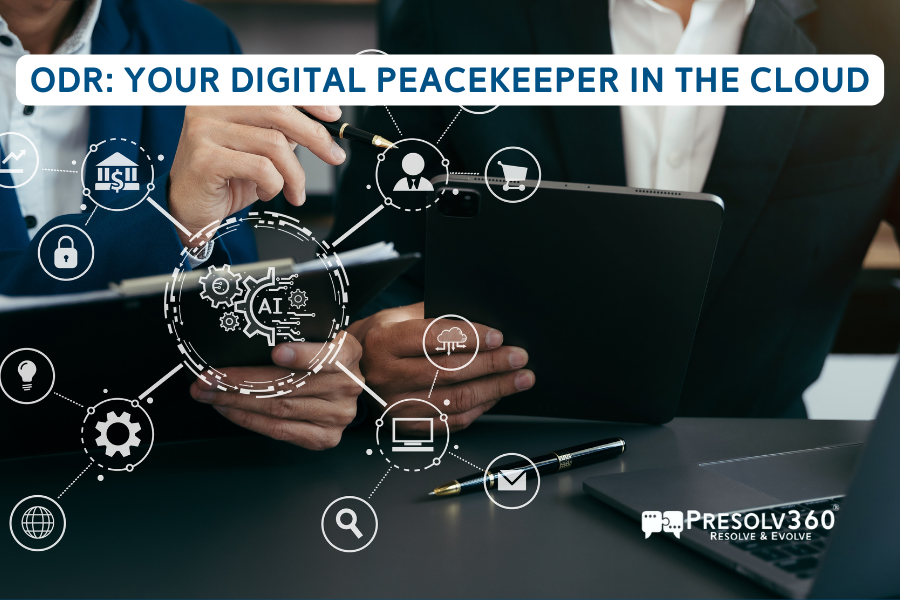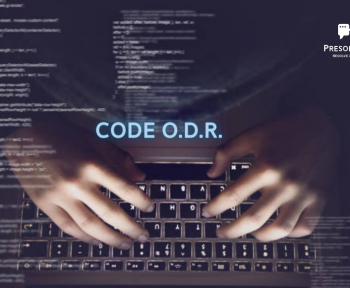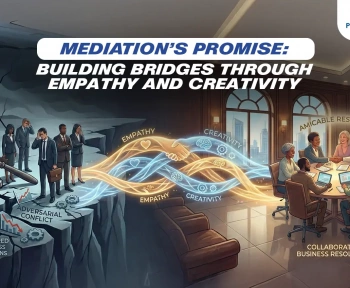You wake up in the morning, put on a virtual reality headset, and instantly find yourself in a busy marketplace halfway across the world. You chat with friends from different continents as if they were right next to you, attend a meeting in a digital boardroom, and then stroll through a virtual mall to shop for the latest trends. This is not a scene from a futuristic novel but the reality we are swiftly moving towards. The digital age has transformed what was once a luxury into a necessity. In the next decade, everyone, including those who were once considered to be living in the rural areas will move to the virtual world. We already witness this shift through socializing on platforms like Facebook, Instagram, and LinkedIn, working from home, and shopping via e-commerce. Additionally, we will witness a world with a total reduction of geographical barriers and increased international globalization.
In the Financial Year of 2023-24, digital payment transactions in India reached Rs. 11,660 crores. Statistics show that the global digital payments market is estimated to be US $11.5 trillion in 2024, with digital commerce transactions projected to reach US $7.63 trillion worldwide in 2024.
What are some of the factors that make the virtual world more attractive:
Stellar Online Payment Systems: Reliable and secure online payment systems streamline financial transactions, fostering trust and convenience in the virtual environment. The UPI system in India exemplifies this with its fast, reliable, and secure payment processing. Apps like PhonePe and Google Pay use UPI to enable instant bank-to-bank transfers with just a few taps. The UPI system uses robust security measures, including two-factor authentication and encryption, ensure that users can make transactions with confidence.
Application Programming Interface (API) Integrations: API integrations make the virtual world a seamless experience by enabling easy access and transfer of information and data across platforms. For example, when we use apps like Uber or Ola, APIs are used to connect the app with mapping services, payment systems, and driver databases. This integration enables us as users to book rides, make payments, and track their ride’s location in real-time, all within a single app.
Generative AI: Generative AI enhances user experiences by providing personalized content and interactions, making the virtual world more engaging and efficient. Generative AI is used in chatbots and virtual assistants to handle customer inquiries. They can generate accurate and relevant responses to customer questions and guide users through complex processes.
NAVIGATING THE CHALLENGES OF THE DIGITAL REALM:
Worldwide, an average person spends 6.5 hours daily on the internet for various reasons, and this amount is only increasing. In fact, the virtual world can sometimes be more predictable compared to the real world due to the structured nature of digital interactions and automated processes.
However, where there are advantages, complications are also bound to arise. In a world where you spend 40% of your waking hours online, disputes are inevitable. Is this digital world, where we invest so much of our time, truly safe? When conflicts occur, are we prepared to face the legal challenges that might come our way? Since we are spending majority of our time online, we should be mindful of the challenges that the virtual world presents:
Unique Legal Challenges: Rapidly evolving technologies like Augmented Reality, Virtual Reality, and Artificial Intelligence, which operate without physical boundaries can pose unique and unprecedented of legal challenges.
Security and Data Privacy Threats: Online interactions are vulnerable to cybersecurity threats such as hacking, phishing, and data breaches, jeopardizing personal and organizational data security and privacy.
Data Ownership Issues: Ownership and control of data generated and shared online can be ambiguous, leading to disputes over intellectual property rights and privacy concerns.
Unsuccessful Transactions: Technical glitches or errors can result in unsuccessful transactions, causing financial losses and customer dissatisfaction.
Addressing these challenges requires implementing an updated regulatory and legal framework, to safeguard users and mitigate risks in our increasingly interconnected world. Navigating jurisdictional issues in a globalized and borderless digital landscape remains another complex issue to be tackled.
In the virtual world, resolving disputes can often involve extensive time and resources as parties need to determine which legal framework applies and which authorities have jurisdiction. This process can lead to significant delays and financial costs before addressing the core dispute itself, highlighting the need for innovative solutions that streamline cross-border legal processes and enhance international cooperation.
THE SOLUTION:
The solution lies in embracing Online Dispute Resolution (ODR), a moldable tool that can adapt to various needs and challenges of the digital age. Here is how ODR can be effectively utilized:
1. Hybrid Solutions: ODR platforms can leverage AI and blockchain technology to create hybrid solutions that enhance security, transparency, and efficiency. For instance, integrating ODR with digital escrow services ensures that disputes related to transactions are resolved swiftly and fairly. Smart contracts combined with ODR can automate enforcement of agreements, minimizing the need for manual interventions and making the resolution process more reliable and tamper-proof.
2. Multilingual Support: ODR platforms can support multiple languages, making them accessible to a global audience. This feature ensures that users from different linguistic backgrounds can navigate the dispute resolution process comfortably, reducing misunderstandings and promoting inclusivity.
3. Seamless Integration with Traditional Legal Systems: ODR systems can integrate seamlessly with traditional legal frameworks and legacy systems, providing a bridge between conventional and digital dispute resolution mechanisms. This hybrid approach enhances the credibility and acceptance of ODR, ensuring that users can benefit from modern technology while staying in line with established legal procedures.
4. Global Accessibility and Jurisdictional Solutions: As mentioned previously, one of the significant challenges in the digital world is resolving jurisdictional issues due to the borderless nature of the internet. ODR platforms offer global accessibility, allowing users from different regions, to resolve disputes efficiently. For instance, the jurisdictions of India, Dubai, Singapore, Indonesia, and Thailand have all incorporated ODR for dispute resolution. These systems can integrate with each other, promoting interoperability and ensuring that jurisdictional complexities are managed smoothly.
5. Cross-Cultural Sensitivity: In an interconnected world, it is crucial for dispute resolution platforms to be sensitive to cultural differences. ODR systems can incorporate cross-cultural sensitivity, ensuring that the resolution process respects and understands diverse cultural norms and practices. This feature fosters mutual respect and enhances the effectiveness of the resolution process in a global context.
THE FUTURE UNVEILED:
If a transaction can occur online, then its resolution also should be online. The flexible and adaptable nature of ODR make it the ideal tool for addressing the myriad challenges of the digital age. As our world increasingly moves online, ODR stands out as a reliable and efficient peacekeeper in the cloud, capable of evolving with technological advancements and diverse user needs. By leveraging AI, blockchain, and other cutting-edge technologies, ODR not only ensures secure and transparent resolutions but also bridges gaps across languages, cultures, and legal systems. This versatile nature will be pivotal in maintaining harmony and trust.




